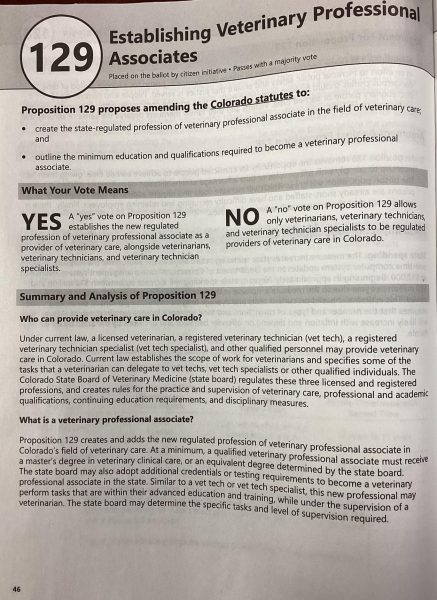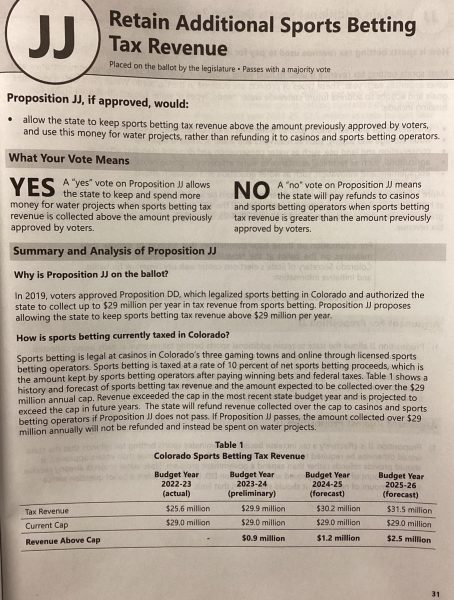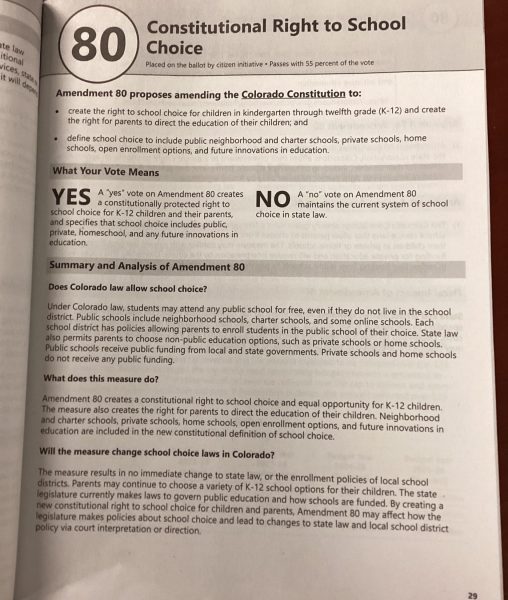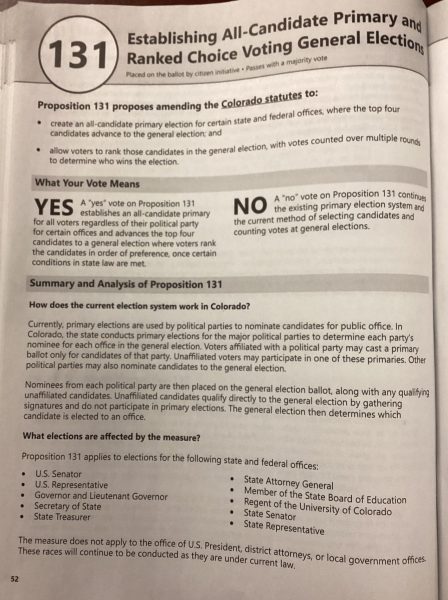Op-Ed: All Work and No Play: Workers NEED Paid Time Off
Work is an integral part of nearly every American’s daily life, but how much is too much? In today’s modern society, people are working more than ever, with the workday getting longer and longer, often bleeding into allotted time off like weekends. This fact relates to a lot of workers, mostly on the lower end of the earning spectrum, missing important life events or much needed recovery due to the lack of employers offering enough paid time off, if any at all.
Currently, there is not a national mandate in place that requires employers to offer any paid time off (PTO) at all, and businesses are taking full advantage of that fact to work their employees until they break. A staggering ¼ of Americans are offered zero paid time off at their full-time place of employment, a majority of those being the lowest earners and ones most in need of it in the U.S. overall.
This lack of mandated PTO is in wild opposition to the U.S.’s counterparts across the globe. Every other country with similar economic status has some sort of mandate in place that requires their private businesses to offer some sort of minimum number of PTO to their employees yearly, with the U.S. at 0 and the next highest being Japan at 10. Most European nations are required to give over 20 days, with some countries, like France, giving a whopping 31 days per year minimum to their workers.
With such a stark contrast to the rest of the world, the effects that a lack of such policy breeds are beginning to show more and more throughout the workforce. Imagine someone missed the birth of their child because they were forced to make the impossible decision of being there for their family or being able to put food on the table for them that month. Or that a construction worker had to keep working a labor-intensive job through a traumatic back injury because it meant they wouldn’t be able to pay their rent or mortgage otherwise. Unfortunately, this is the harsh reality for many of the Americans without access to PTO.
On average, declining mental and physical health, intense feelings of burnout at the workplace, and an overall decrease in life satisfaction are all factors that are getting worse and worse for full time workers as time goes on. Experts say that having access to PTO and being able to take it without the stress and guilt of a piling workload left behind is the best solution to offset these negative effects, and can even increase productiveness and efficiency at work on the whole.
However, the fact remains that there’s “No such thing as a free lunch”, and that every step in the right direction comes with a cost, this situation being no different. Giving workers access to PTO isn’t free, and is likely to cost companies a lot of money. On average, it costs businesses around $1.98 per hour to provide PTO benefits to employees, which is roughly 7% of total compensation to an employee. However, with benefits to having access to PTO such as more efficiency and drive at the workplace, the increased production of employees could potentially offset most of the costs such a policy would incur.
Businesses do well when their employees do well. Employees do well when they are afforded the basic need of having paid time away from work to recover and spend time with their loved ones. A mandate in the U.S. requiring employers to provide a minimum amount of PTO would play a positive role in we as a country joining the rest of the world in the modern era of workers rights. We can all do our part by writing our respective state’s governors and bringing more awareness to this issue, and maybe, just maybe, make the workplace a better place for all of us.







